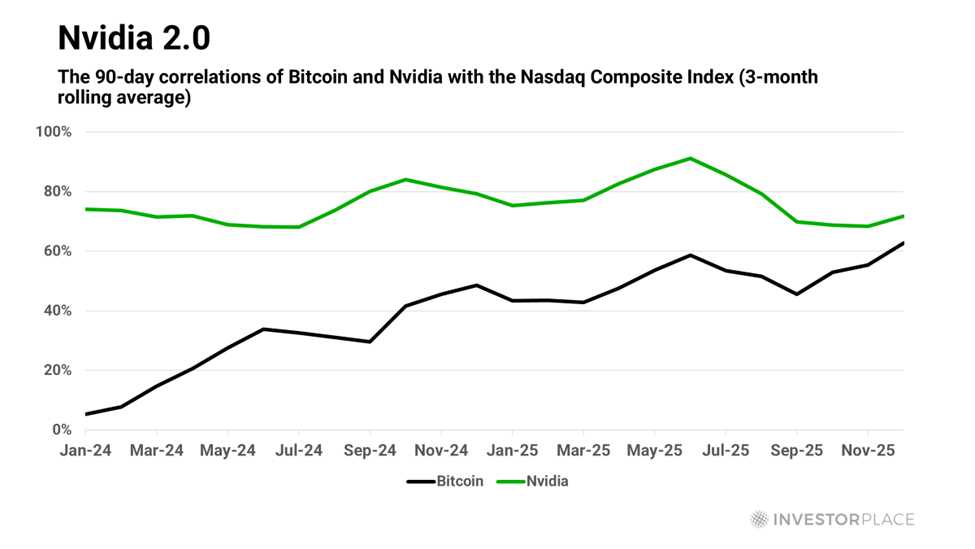Maximizing Your Retirement: The Value of Contributing to a 401(k) Without Matching
Many workers benefit from employer matching contributions in 401(k) plans, a feature that can significantly enhance retirement savings. However, even if your plan doesn’t offer a match, contributing can still be beneficial due to tax advantages and automatic contributions. It’s important to evaluate your options based on your financial circumstances and overall retirement strategy.
Consult a financial advisor to design an effective retirement savings plan.
Understanding Employer 401(k) Match
Employer matching contributions to a 401(k) help employees grow their retirement savings. This match usually depends on the employee’s contributions and is often viewed as “free money.”
Typically, matches are structured as a percentage of the employee’s contributions, often with a cap. For instance, an employer might match 50% of the first 6% of your salary that you contribute. If you contribute 6% of your salary, the employer then adds 3%. Contributions beyond 6% would not receive an additional match.
Additionally, employer contributions may come with vesting schedules, meaning you might not fully own those funds right away. Vesting can vary from immediate ownership to several years, so understanding the specific terms is crucial for maximizing your 401(k) benefits.
Another key point is that employer matches do not count toward the individual contribution limit of $23,500 for 2025. However, there is a total contribution cap, including both employee and employer amounts, which is $70,000 for the same year.
Beyond the match, 401(k) plans offer benefits like tax advantages and the potential for long-term growth, making them still worth considering even without employer contributions.
Why Contribute to a Non-Matching 401(k)

Even without matching contributions, a 401(k) remains a strong option for retirement savings. Here are several reasons to consider contributing:
- Tax-deferred growth: Contributions lower your taxable income, and earnings grow tax-free until withdrawn.
- Automatic payroll deductions: Regular and automated contributions foster good saving habits.
- Diverse investment options: Many plans offer access to professional funds, making investment decisions easier.
- Tax planning advantages: High earners can lower their taxable income, potentially moving to a lower tax bracket.
- Long-term growth: The combination of tax benefits and compounding interest can significantly boost savings.
- Higher contribution limits: The IRS allows contributions of up to $23,500 in 2025, with an extra $7,500 for those aged 50 and older.
- Super catch-up contributions: Individuals aged 60 to 63 can add an additional $11,250, bringing the total to $34,750, thanks to changes in the SECURE Act 2.0.
Exploring Alternatives to a 401(k)
If your employer does not provide a matching opportunity, you may want to consider other retirement savings options:
- Individual retirement accounts (IRAs): Traditional and Roth IRAs offer tax benefits and often greater investment flexibility. For instance, Roth IRAs allow tax-free withdrawals during retirement, making them appealing for those anticipating a higher tax rate in the future. In 2025, contributions can go up to $7,000 for those under 50, and $8,000 for those 50 and older.
- Health savings accounts (HSAs): These accounts deliver triple tax benefits if paired with a high-deductible health plan: tax-deductible contributions, tax-free growth, and tax-free withdrawals for qualifying medical expenses. Funds can also be used for retirement after age 65. Contribution limits for 2025 are $4,300 for individuals and $8,550 for families.
- Taxable investment accounts: While lacking tax advantages, these accounts allow unlimited contributions and offer flexibility in investment choices and withdrawals.
Assessing Employer 401(k) Match Trends
While some employers may temporarily halt matching contributions due to economic pressures, research indicates this is not a widespread trend. A report titled “BrightScope/ICI Defined Contribution Plan Profile” from 2021 revealed that nearly 90% of large 401(k) plans with at least 100 participants offered employer contributions.
This represents a slight decline from 78% in 2008 to 72% in 2011, yet the figures have rebounded to 81% in 2021, suggesting a stable trend among larger employers. Notably, 90% of all participants in 2021 were enrolled in plans that included employer contributions. Furthermore, the percentage of substantial plans (over $1 billion in assets) offering matches has grown from 91% in 2007 to 97% in 2021.
Conclusion

Deciding to contribute to a 401(k) that does not offer a match depends on your financial situation and goals. The tax advantages and ease of contributions often outweigh the lack of matching benefits. Additionally, consider incorporating alternatives like IRAs, HSAs, and taxable accounts to further diversify your retirement strategy. With employer matching still common among many organizations, it is wise to evaluate your options and take advantage of available savings methods.
Tips for Retirement Planning
- Consulting a financial advisor can help you manage investment risks. SmartAsset offers a free matching tool to connect you with vetted advisors in your area. You can arrange a no-cost introductory call with potential advisors to find the best fit for your needs.
- To estimate how much your 401(k) balance could increase over time, try using SmartAsset’s 401(k) calculator.
Photo credit: ©iStock.com/Drazen_, ©iStock.com/Mirel Kipioro, ©iStock.com/Ridofranz
The post Should You Invest in a 401(k) Without Matching? appeared first on SmartReads by SmartAsset.
The views and opinions expressed herein are the views and opinions of the author and do not necessarily reflect those of Nasdaq, Inc.









